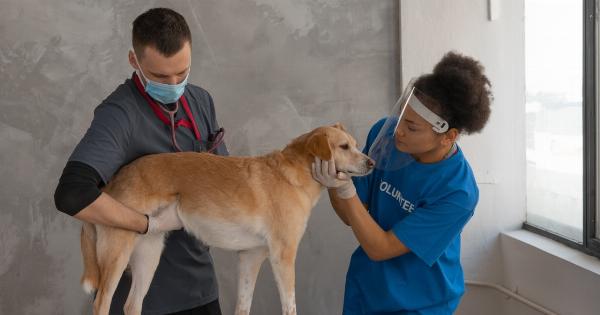As pet owners, we all know how much our furry friends mean to us. They’re more than just pets – they’re family. That’s why when we lose them, it can be devastating.
Whether your furry friend slipped out of an open door, dug under a fence, or ran away during a walk, there are things you can do to help increase your chances of finding them.
Start Your Search Close to Home
Your furry friend is most likely nearby, so start your search close to home. Begin by searching your yard, garage, and other outdoor areas, as well as any rooms or hiding places inside your home.
Make sure to check under beds, in closets, and behind furniture. Ask your family members, neighbors, and any visitors if they’ve seen your furry friend recently.
Get the Word Out
It’s important to let others know that your furry friend is missing. Create flyers with a recent photo of your pet, their name, physical description, and your contact information.
You can post these flyers on community bulletin boards, telephone poles, and other public areas. You can also share your pet’s information on social media platforms, such as Facebook, Twitter, and Instagram, and reach out to local animal rescue organizations and shelters to let them know your pet is missing.
Search Your Neighborhood
Your furry friend may not have gone far, but they could be scared and hiding. Walk or drive around your neighborhood, calling your pet’s name and clapping or making noise to get their attention.
Bring a leash or carrier, as well as some of your pet’s favorite treats or toys, to entice them to come to you. Don’t forget to check any nearby parks, trails, or other open areas, as well as any alleys or other hidden corners.
Utilize Technology to Help Find Your Pet
Technology can be your ally when it comes to finding a lost pet. Consider using GPS trackers or pet microchips to help locate your furry friend.
GPS trackers can be attached to your pet’s collar or harness and can help pinpoint their location in real-time. Pet microchips are implanted under your pet’s skin and contain a unique identification number that can be scanned by animal rescue organizations and shelters if your pet is found.
Offer a Reward
To encourage people to keep an eye out for your furry friend, consider offering a reward for their safe return. You can post flyers advertising a reward or share the information on social media.
The reward doesn’t have to be large, but it should be enough to incentivize people to help.
Continue Your Search
If you haven’t found your furry friend yet, don’t give up hope. Continue your search by expanding the area you’re looking in and reaching out to more people.
Consider hiring a professional pet detective or using a trained search dog to help locate your pet. Keep checking local animal shelters regularly and leave your contact information with them in case your pet is found.
Prevent Future Losses
Once you’re reunited with your furry friend, take steps to prevent future losses. Make sure your pet has a secure collar with identification tags that include your contact information.
Keep your pet on a leash or in a carrier when outside or in unfamiliar places. Consider having your pet spayed or neutered, as this can help reduce the likelihood of them wandering or escaping.
Conclusion
Searching for a lost pet can be a stressful and emotional experience, but there are steps you can take to increase your chances of finding them. Start your search close to home, get the word out, and utilize technology to help locate your furry friend.
Offer a reward to incentivize people to help, and don’t give up hope if you haven’t found your pet yet. By taking preventative measures, you can help prevent future losses and keep your furry friend safe and sound.






























